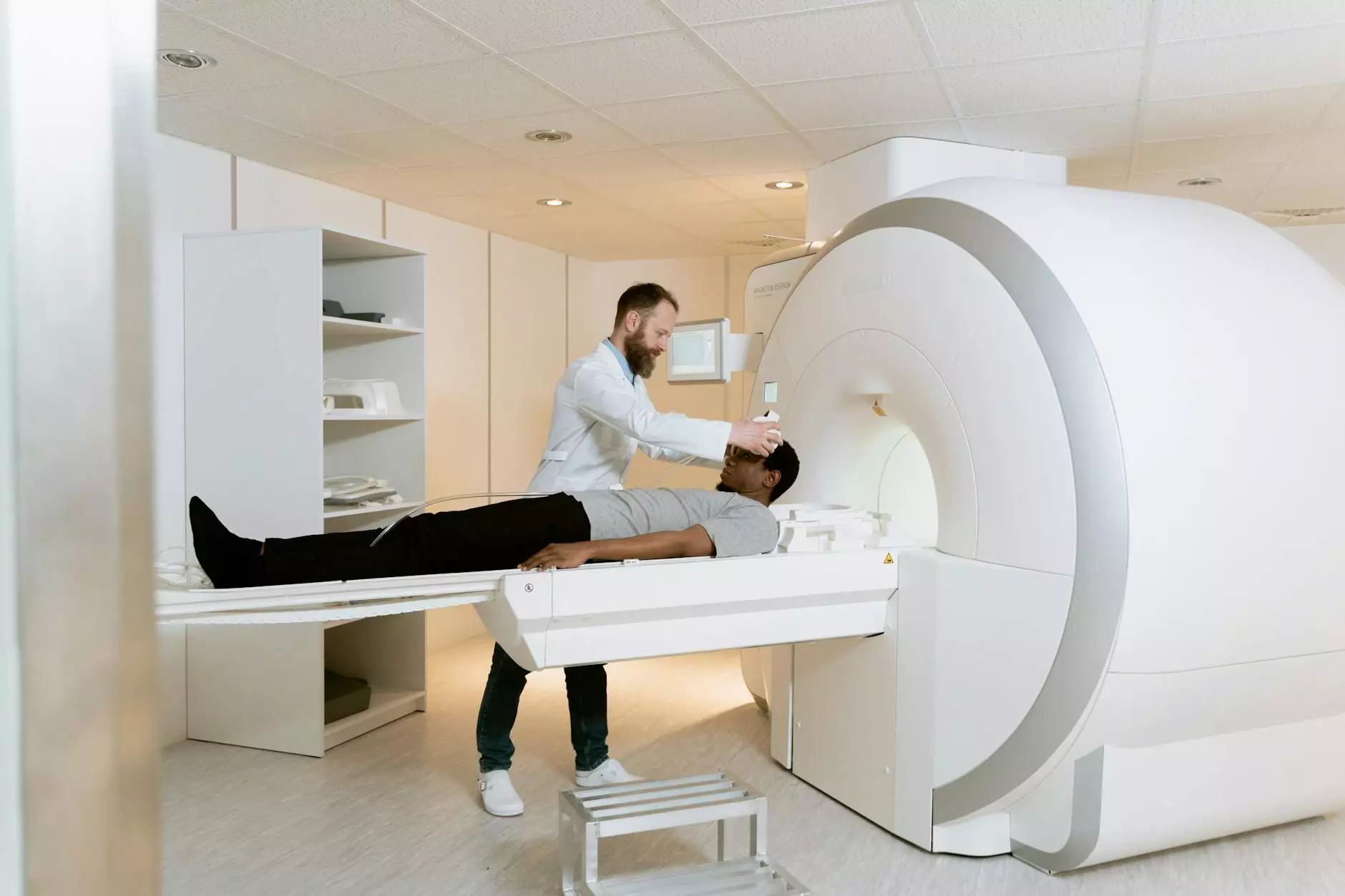Understanding MRI Service Companies: A Comprehensive Guide

MRI service companies play a pivotal role in modern diagnostics, offering essential services that support healthcare providers in delivering accurate and timely patient care. In this detailed article, we will delve into the various aspects of these companies, examining their significance within the healthcare ecosystem, advancements in technology, and the factors to consider when selecting an MRI service provider.
What are MRI Service Companies?
MRI service companies specialize in providing magnetic resonance imaging (MRI) services to healthcare facilities, including hospitals, clinics, and diagnostic imaging centers. These companies not only offer MRI machines but also encompass an array of services, including:
- Equipment Leasing - Many MRI service companies provide leasing options for MRI machines, allowing healthcare providers to obtain advanced imaging technology without the high upfront costs.
- Maintenance and Support - They often include maintenance agreements that ensure MRI machines function optimally, reducing downtime and extending the equipment's lifespan.
- Mobility Solutions - Some firms offer mobile MRI services, bringing advanced imaging technology directly to patients in remote areas or those unable to travel.
- Training and Certification - These companies usually offer training for radiologists and technicians, ensuring they are well-versed in operating the equipment effectively and safely.
- Technology Upgrades - As technology advances, MRI service companies may facilitate upgrades to newer models and systems to keep healthcare facilities at the forefront of diagnostic capabilities.
The Importance of MRI Services in Healthcare
The ability to obtain precise and detailed internal images of the human body makes MRI a remarkable tool in medical diagnostics. Here are several reasons why MRI service companies are crucial to the healthcare industry:
1. Enhanced Diagnostic Accuracy
MRI is renowned for its superior imaging capabilities compared to other imaging modalities such as X-rays or CT scans. The high-resolution images provided by MRIs allow medical professionals to detect abnormalities within the brain, spinal cord, joints, and other organs with greater precision.
2. Non-invasive and Safe Procedure
Unlike some imaging techniques that utilize ionizing radiation, MRI employs magnetic fields and radio waves, making it a safer option for patients. This characteristic is particularly important for repeated imaging or for vulnerable populations, such as pregnant women and children.
3. Versatile Applications
The versatility of MRI extends beyond the realm of neurology and orthopedics. It is used across various medical specialties, including:
- Oncology - MRI is instrumental in detecting and monitoring tumors.
- Cardiology - It offers detailed images of the heart and blood vessels, assisting in diagnosing heart diseases.
- Gastroenterology - MRI can evaluate conditions within the abdomen, such as liver disease and pancreatic disorders.
Choosing the Right MRI Service Company
Selecting the right MRI service company is crucial for healthcare providers. Here are several factors to consider:
1. Reputation and Experience
Research the company's track record. An established MRI service provider with a strong reputation is likely to deliver higher-quality services. Look for reviews, testimonials, and case studies that highlight their experience in the field.
2. Range of Services
Ensure the company offers a comprehensive range of services—this might include machine leasing, maintenance, and training—as well as any supplemental offerings that may fulfill the unique needs of your healthcare facility.
3. State-of-the-Art Technology
Investing in the latest MRI technology is crucial for optimal imaging capabilities. Verify that the equipment offered by the service provider is up-to-date with current technological advancements.
4. Customer Service and Support
Responsive and reliable customer service can make a significant difference in maintaining smooth operations. Evaluate the level of support and service they provide, especially in terms of after-hours assistance and training for staff.
Innovations in MRI Technology
As technology continues to evolve, so do the capabilities of MRI systems. Here are some of the recent advancements that MRI service companies are integrating into their offerings:
1. Functional MRI (fMRI)
fMRI has revolutionized how neurologists study brain activity by measuring changes in blood flow. This has profound applications in both research and clinical settings, enabling the mapping of brain functions.
2. MRI-guided Focused Ultrasound
This innovative technique combines MRI with focused ultrasound to treat conditions like tumors without incisions, minimizing recovery time and risks associated with surgery.
3. High-Field MRI Scanners
The transition to high-field MRI scanners, which operate at 3 Tesla instead of the traditional 1.5 Tesla, has resulted in clearer images and faster scan times, enhancing the patient's experience and improving diagnostic outcomes.
4. Artificial Intelligence in MRI
Integrating artificial intelligence (AI) with MRI technology enhances image analysis, making it quicker and more accurate. AI systems can assist radiologists by detecting anomalies and suggesting possible diagnoses.
Conclusion: The Future of MRI Services in Healthcare
The role of MRI service companies is vital in supporting healthcare systems as they strive to provide the best diagnostic and patient care possible. With continuous advancements in technology and a commitment to training and support, these companies ensure that healthcare providers remain competitive and capable of delivering top-tier medical services.
As we continue to advance into a future where medical technology will play an even more significant role in treatment and diagnostics, the importance of MRI services will only grow. By staying informed and choosing the right service provider, healthcare facilities can enhance their capabilities and improve patient outcomes significantly.



